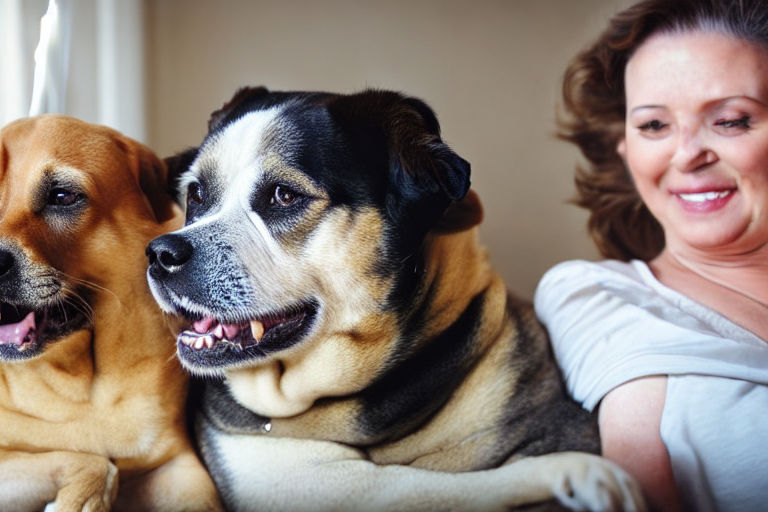Weight Management Tips for Aging Dogs: How to Keep Your Senior Pup Healthy
As dogs age, their bodies undergo many changes, including a slowing metabolism, decreased activity levels, and changes in digestion. Without proper attention, these changes can lead to weight gain, which can put your senior pup at risk for a host of health problems, such as diabetes, heart disease, and joint issues. Here are some tips to help you manage your aging dog's weight and keep them healthy.
Monitor Your Dog's Weight
Weight management starts with monitoring your dog's weight regularly. This will help you identify any changes in their weight early on and make necessary adjustments before any problems arise. You can use a bathroom scale to weigh your dog, or better yet, invest in a digital pet scale that accurately measures their weight.
Feed Your Dog a Balanced Diet
As dogs age, their nutrient requirements change, and they may require fewer calories. Talk to your veterinarian about the best diet for your senior pup. They may recommend a senior dog food that is lower in calories but still provides all the necessary nutrients.
Control Portion Sizes
Even if you're feeding your senior pup a balanced diet, portion control is still important. Overfeeding can quickly lead to weight gain. Use a measuring cup or scale to ensure you're providing the appropriate amount of food for your dog's age, weight, and activity level.
Limit Treats
Treats can be a significant source of excess calories and can quickly add up. Limit the number and size of treats you give your senior pup. Consider using small, healthy treats such as carrot sticks, green beans, or pieces of apple.
Increase Physical Activity
As dogs age, their activity levels tend to decrease, but physical activity is still essential for maintaining a healthy weight. Try to take your senior pup for short walks throughout the day, or engage in other low-impact activities such as swimming.
Visit Your Vet Regularly
Regular vet visits are crucial for monitoring your aging dog's weight and overall health. Your vet can help you determine your senior pup's ideal weight and provide guidance on how to achieve it. They can also screen your dog for any underlying health conditions that may be affecting their weight.
In conclusion, proper weight management is critical for keeping your aging dog healthy and happy. By monitoring your dog's weight, feeding them a balanced diet, controlling portion sizes, limiting treats, increasing physical activity, and visiting the vet regularly, you can help your senior pup maintain a healthy weight and prevent health problems.



